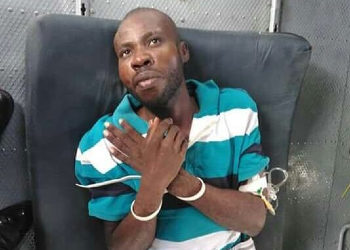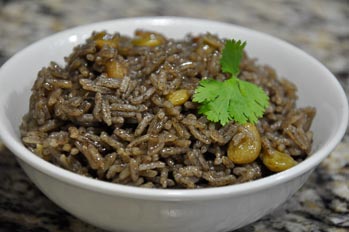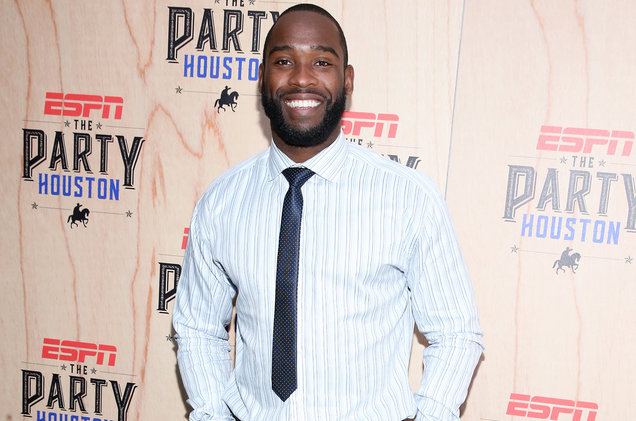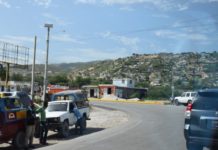A gang leader killed after a deadly Haiti prison break may have been sprung intentionally — raising further concerns about toxic relationships between gangs and political elites in the run-up to new elections.
A February 25 riot at the Croix-des-Bouquets prison in Haiti’s capital, Port au Prince, led to the deaths of 25 people and the escape of about 400 inmates, including notorious gang leader Arnel Joseph.
Prime Minister Joseph Jouthe told the newspaper Le Nouvelliste that the detainees had kidnapped the prison director, who was later killed, and escaped via a ladder at a lookout point. According to Alterpresse, gunshots were heard shortly before the prison break.
Secretary of State Frantz Exantus announced the formation of three commissions to investigate the causes and circumstances of the break.
Observers have suggested that the point of the riot was to free Joseph, who led a gang active in the low-income neighborhood of Village de Dieu, south of Haiti’s capital, and two rural areas. Famous for having escaped prison on two different occasions in 2010 and 2017, Joseph was Haiti’s most wanted criminal until his arrest in July 2019.
A day after the prison break, Joseph was stopped by police at a checkpoint while riding on the back of a motorcycle in l’Estère, a municipality in the Artibonite department, a spokesperson for Haiti’s National Police told reporters. Police say that Joseph attacked the officers, who shot and killed him in response. The person driving the motorcycle escaped.
According to investigators, half the inmates who escaped in the prison break remain at large.
InSight Crime Analysis
Arnel Joseph’s ties to Haiti’s political elites have been exposed on multiple occasions, including recently.
During a January 25 appearance before a judge in his case, Joseph made revelations about members of the state and private sector who facilitated his criminal operations. This information was shared by journalist Valéry Numa on his radio show February 1, along with a series of related Tweets.
Following Joseph’s arrest in 2019, the Village de Dieu gangs, which formerly opposed the government of Jovenel Moise, reportedly joined the G9 and Family, which supports the current leadership. The G9 united nine gang chiefs in the low-income neighborhoods of Port-au-Prince in July 2020. It was promoted by Jimmy Chérizier, one of Haiti’s most powerful gang leaders. In response to armed attacks against police patrols last year, security forces have conducted several offensives to evict the gangs from Village de Dieu but have yet to report results.
Relations between allies of the Moise government and armed groups — including the G9 – have been denounced by human rights organizations like the National Human Rights Defense Network (Réseau National de Défense des Droits de l’Homme — RNDDH), the Fundasyon Je Klere and the Center for Analysis and Research on Human Rights (Centre d’analyse et de recherche en droits de l’homme — CARDH). The groups have expressed concerns that ties between politicians and gangs have compromised the rule of law in Haiti.
Most recently, Haiti has seen a surge in gang kidnappings, which has even prompted the president himself to call on citizens to cooperate with authorities to try and confront the problem.
With parliamentary elections scheduled for September this year, Haiti’s human rights organizations have reiterated their concern that the government will use these gangs to help keep the ruling party in power.




























![Phyllisia Ross – KONSA [Official Music Video]](https://haitiville.com/wp-content/uploads/2014/08/phyliisia.jpg)










